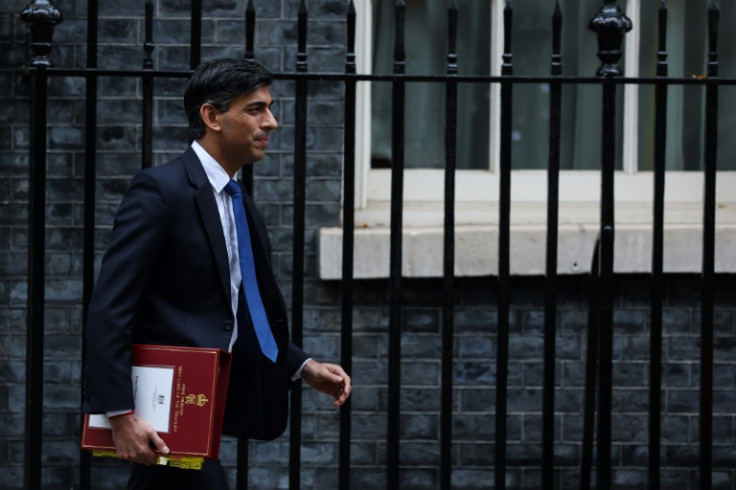Conservatives On Course For Worst Electoral Defeat Since 1997, New Poll Suggests
Sunak has said he plans to hold an election later in the year, which is widely expected to be in October or November, as a YouGov survey of 14,000 respondents forecasts that The Tories will hold on to just 169 seats, while Labour will claim 385.

The Conservative Party are on course for their worst electoral defeat since 1997, a new poll suggests.
A YouGov survey of 14,000 respondents forecasts that The Tories will hold on to just 169 seats, while Labour will claim 385.
This would deliver Sir Keir Starmer's party a majority of 120 seats in the upcoming General Election, which has to be held before the end of the year.
A Labour victory of this size would be comparable with their 1997 triumph when Tony Blair won 418 seats and John Major's Conservatives took 165.
According to these latest figures, every Red Wall seat won from Labour by Boris Johnson in 2019 would be lost, and the Chancellor, Jeremy Hunt, will be one of 11 Cabinet ministers to lose their seats.
The poll also reveals the huge influence that Reform UK is set to have on the election result.
The Right-wing party, led by former UKIP MP Nigel Farage, would not win any seats, but it would draw crucial votes away from the Tories, making it the decisive factor in several constituencies – the difference between a Labour majority and a hung Parliament.
If the poll is accurate, the result would represent the biggest collapse in support for a governing party since 1906, with an 11.5 per cent swing to Labour.
It would all but guarantee Sir Keir's party at least a decade in power, as no government with such a sizeable majority has ever lost the subsequent election.
Writing for The Telegraph, which published the poll, Lord Frost, a Conservative peer, described its findings as "stunningly awful" for the party, saying it was facing "a 1997-style wipeout – if we are lucky".
He said a combination of tactical voting and any decision by Nigel Farage to return to front-line politics could leave the Conservatives facing "an extinction event".
Frost added that the only way to avoid the likely defeat was "to be as tough as it takes on immigration, reverse the debilitating increases in tax, end the renewables tax on energy costs – and much more".
Adding to this sentiment, James Johnson, a former Number 10 pollster, said the figures suggested any possible path to victory for the Conservatives had "all but vanished".
He claimed the data showed the Tories were haemorrhaging the votes of Leave supporters who backed them in 2019 and would be punished by those voters "if they do not get tough on migration – fast".
However, there is one silver lining for the PM – The Tories fared somewhat better in this poll than in previous seat-by-seat surveys.
A similar MRP poll in October by Savanta suggested Labour would have a 197-seat majority, while another poll in June suggested only 129 Tory MPs would be returned to parliament after the election.
Sunak has said he plans to hold an election later in the year, which is widely expected to be in October or November.
The YouGov forecast will add further pressure on the PM as he faces a crucial vote on his Rwanda policy today.
Sunak is facing a rebellion by more than 50 backbenchers, who want the bill toughened up.
But he has been warned by centrist MPs that they cannot vote for the bill if he gives in to the rebels.
The Rwanda treaty, which will see all undocumented migrants who have arrived in the UK through the English Channel deported to Rwanda, was ruled "unlawful" by both the Court of Appeal and the Supreme Court this year.
Lord Reed, the President of the Supreme Court, called the legislation a "real risk" to the lives of people who have already been subject to persecution in their home countries.
Ignoring the humanitarian and legal concerns surrounding the policy, Sunak said that the authorities have already disabled sections of the Human Rights Act from the new emergency treaty, "to ensure our plan cannot be stopped".
He dubbed the new emergency legislation "the toughest ever anti-immigration law", declaring that "the British people should decide who gets to come to this country – not criminal gangs or foreign courts".
© Copyright IBTimes 2025. All rights reserved.






















